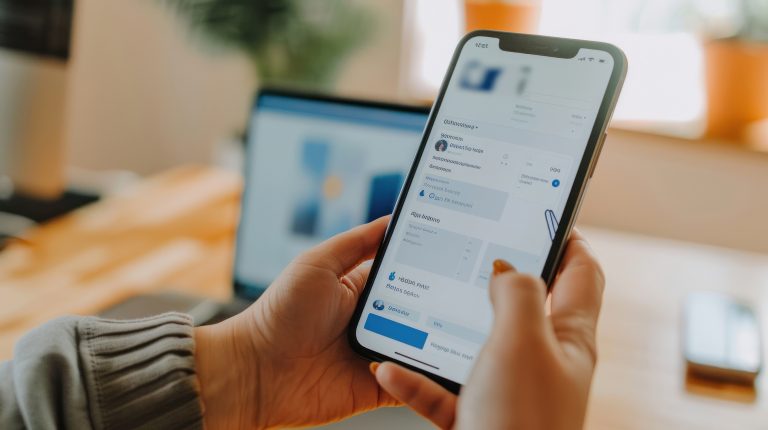Search Engine Optimization Services That Drive Real Business Growth
Build Sustainable Online Visibility with Expert SEO Solutions
Comprehensive SEO strategies designed to increase visibility, traffic, and conversions for measurable business growth.
In today’s digital marketplace, being found online determines business success. Our comprehensive search engine optimization services combine technical expertise, strategic content optimization, and proven local search strategies to elevate your online presence and connect you with customers actively searching for your products or services.

key Benefits of
professional SEO SErvices
Whether you’re looking to dominate local search results, improve your website’s technical foundation, or establish authority in your industry, our holistic SEO approach delivers measurable results that drive traffic, increase conversions, and fuel sustainable business growth.
Comprehensive SEO Audit and Analysis
Strategic Planning and Keyword Research
Implementation and Optimization
Ongoing Monitoring and Refinement
Transparent Reporting and Communication Monitoring and Refinement
Key Benefits of Professional SEO Services
Enhanced Search Engine Visibility
Optimize technical elements and content structure to improve rankings and reach more potential customers actively searching for your products or services.
Increased Conversion Rates
Optimize technical elements and content structure to improve rankings and reach more potential customers actively searching for your products or services.
Superior User Experience
Fast-loading, mobile-responsive pages with intuitive navigation keep visitors engaged, reduce bounce rates, and guide users toward conversion actions more effectively.
Long-Term Sustainable Growth
Unlike paid advertising that stops delivering results when budgets run out, SEO builds a foundation that continues generating traffic, leads, and customers as your business expands.
Competitive Market Advantage
Outperform competitors with technical excellence, strategically optimized content, and local search dominance that captures customer attention before they consider alternatives.
Cost-Effective Marketing Investment
SEO delivers one of the highest returns on investment among digital marketing channels. Organic search traffic costs nothing per click and consistently delivers qualified prospects over time.
Why Choose Us?
Frequently Asked Questions
Ready to Transform Your Online Visibility?
Let’s discuss your business goals, analyze your current online presence, and develop a customized SEO strategy that delivers real results for your bottom line.

MARKETING CASE STUDIES
MARKETING NEWS
FOGO Solutions
Enterprise Data Center Solutions with 24/7 Expert Support
We’re ready to discuss your next project!









